Israeli NGOs have started referring to Gaza as a 'genocide' — will it matter?
For the first time since fighting began in 2023, two Israeli rights groups have described their country's actions in the Gaza Strip as 'genocide' while famine threatens the blockaded Palestinian territory

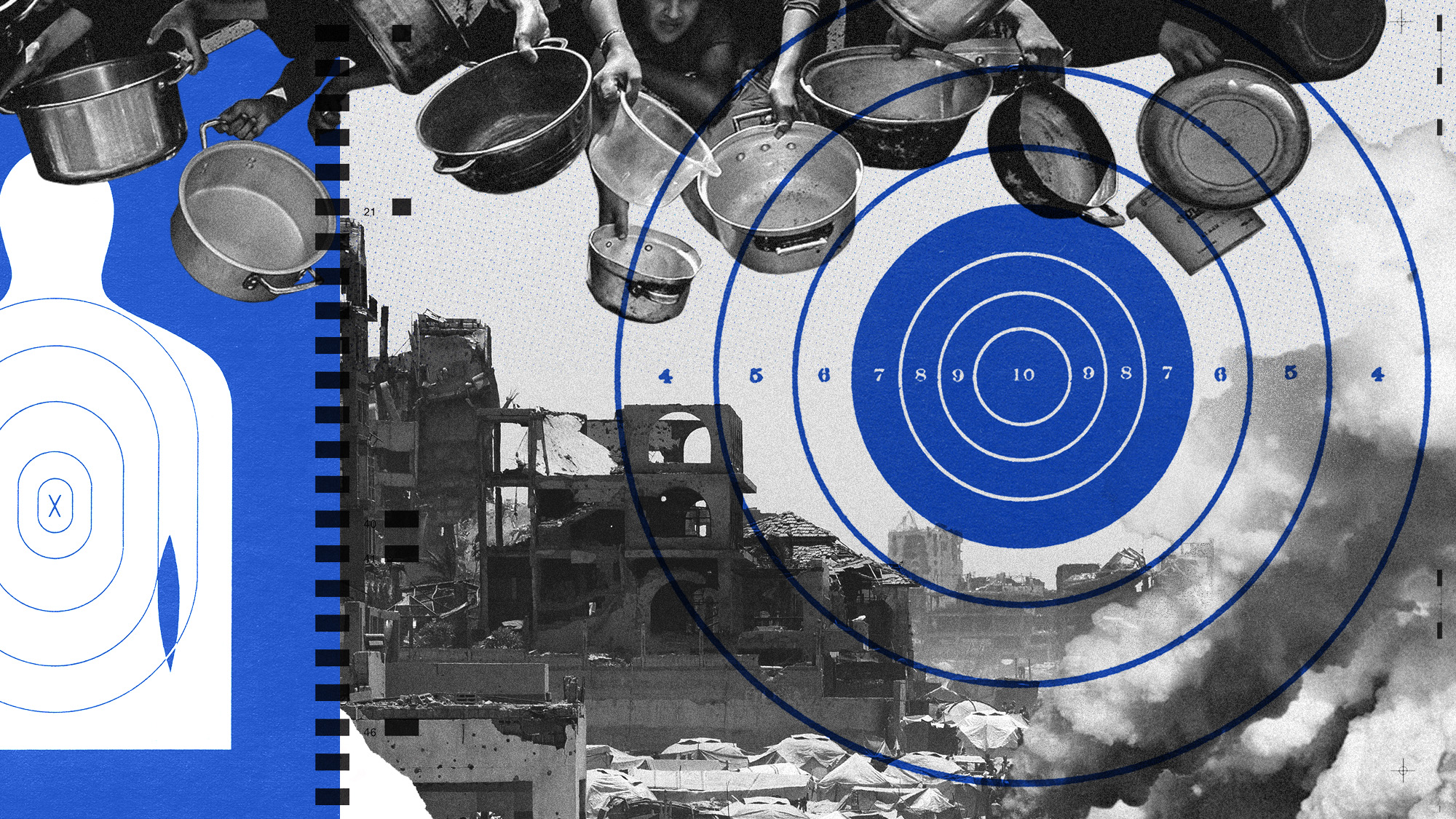
A free daily email with the biggest news stories of the day – and the best features from TheWeek.com
You are now subscribed
Your newsletter sign-up was successful
After nearly two years of horrific violence that has paralyzed the Middle East and captivated the world, two Israel-based human rights organizations have publicly condemned their government for committing what they deemed "genocide" against Palestinians living in the Gaza Strip. By invoking the charged term, B'Tselem and Physicians for Human Rights-Israel have not only reopened an acrimonious global debate over Israel's wartime conduct but raised the prospect that Israeli civil society may have reached a tipping point over the conflict. As Prime Minister Benjamin Netanyahu's nationalist governing coalition struggles to maintain control amid increasing global isolation, are these domestic allegations of genocide a sign that Israel's support for its war in Gaza is weakening?
What did the commentators say?
The conclusions of human-rights focused B'Tselem in its "Our Genocide" report and Physicians for Human Rights-Israel in its "A Health Analysis of the Gaza Genocide" position paper have added fuel to a "passionately fought international debate" over whether Israel's conduct in Gaza has "crossed a moral red line," said The New York Times. The joint reports are "another milestone in the human rights community's efforts" to hold Israeli officials accountable for their "crimes against Palestinians," said Amnesty International Secretary General Agnès Callamard in a statement.
"Nothing prepares you" for the realization that "you are part of a society committing genocide," said B'Tselem Executive Director Yuli Novak in a statement accompanying the report. "This is a deeply painful moment for us." While Israel's right-wing government has "angrily rejected" allegations of genocide, their "remonstrations" have not "deterred Israel's fiercest critics from using the word," said The Washington Post.
The Week
Escape your echo chamber. Get the facts behind the news, plus analysis from multiple perspectives.

Sign up for The Week's Free Newsletters
From our morning news briefing to a weekly Good News Newsletter, get the best of The Week delivered directly to your inbox.
From our morning news briefing to a weekly Good News Newsletter, get the best of The Week delivered directly to your inbox.
The latest allegations come as "pressure mounts" on Israel over the "catastrophic situation in Gaza," CNN said. At the same time, Netanyahu is "under pressure from all sides domestically," with anti-war protests "growing in strength and frequency" and right-wing ministers "threatening to collapse the government" if he ends the violence in Gaza.
Despite being considered on the "political fringe" domestically, B'Tselem and Physicians for Human Rights-Israel are "prominent and respected internationally," and their conclusion "shatters a taboo in a society that has been reticent to criticize" its handling of Gaza, said NPR. As one of Israel's "most prominent human rights organizations," B'Tselem's use of the term "genocide" is "bound to draw criticism of the group in Israeli society," Al Jazeera said. Many Israeli critics of the Gaza war have already faced "brutal denunciations from their compatriots."
What next?
While the groups' reports are focused primarily on conduct in the Gaza Strip, both organizations are keenly aware that their allegations of genocide may not be so geographically limited in the future. The authors of B'Tselem's assessment "link" their allegations of genocide in Gaza to the "rise in violence against Palestinians in the West Bank and even within Israel," said Haaretz, "expressing deep concern that the genocide could spread to other areas where Palestinians live."
After publishing their findings, both groups say they expect pushback from across Israeli society. Physicians for Human Rights-Israel has been "under pressure for months" and expects "stronger backlash" now that it has released its report, Reuters said. "We've looked into all of the risks that we could be facing," said B'Tselem International Director Sarit Michaeli to the outlet. "These are legal, reputation, media risks, other types of risk, societal risks and we've done work to try and mitigate these risks." Still, with international pressure mounting and domestic opposition to the war finding traction, it wouldn't be unreasonable "to expect this issue, which is so fraught and so deeply contentious within Israeli society and internationally, to lead to an even greater reaction."
A free daily email with the biggest news stories of the day – and the best features from TheWeek.com
Rafi Schwartz has worked as a politics writer at The Week since 2022, where he covers elections, Congress and the White House. He was previously a contributing writer with Mic focusing largely on politics, a senior writer with Splinter News, a staff writer for Fusion's news lab, and the managing editor of Heeb Magazine, a Jewish life and culture publication. Rafi's work has appeared in Rolling Stone, GOOD and The Forward, among others.
-
 The Olympic timekeepers keeping the Games on track
The Olympic timekeepers keeping the Games on trackUnder the Radar Swiss watchmaking giant Omega has been at the finish line of every Olympic Games for nearly 100 years
-
 Will increasing tensions with Iran boil over into war?
Will increasing tensions with Iran boil over into war?Today’s Big Question President Donald Trump has recently been threatening the country
-
 Corruption: The spy sheikh and the president
Corruption: The spy sheikh and the presidentFeature Trump is at the center of another scandal
-
 Israel retrieves final hostage’s body from Gaza
Israel retrieves final hostage’s body from GazaSpeed Read The 24-year-old police officer was killed during the initial Hamas attack
-
 What will happen in 2026? Predictions and events
What will happen in 2026? Predictions and eventsIn Depth The new year could bring peace in Ukraine or war in Venezuela, as Donald Trump prepares to host a highly politicised World Cup and Nasa returns to the Moon
-
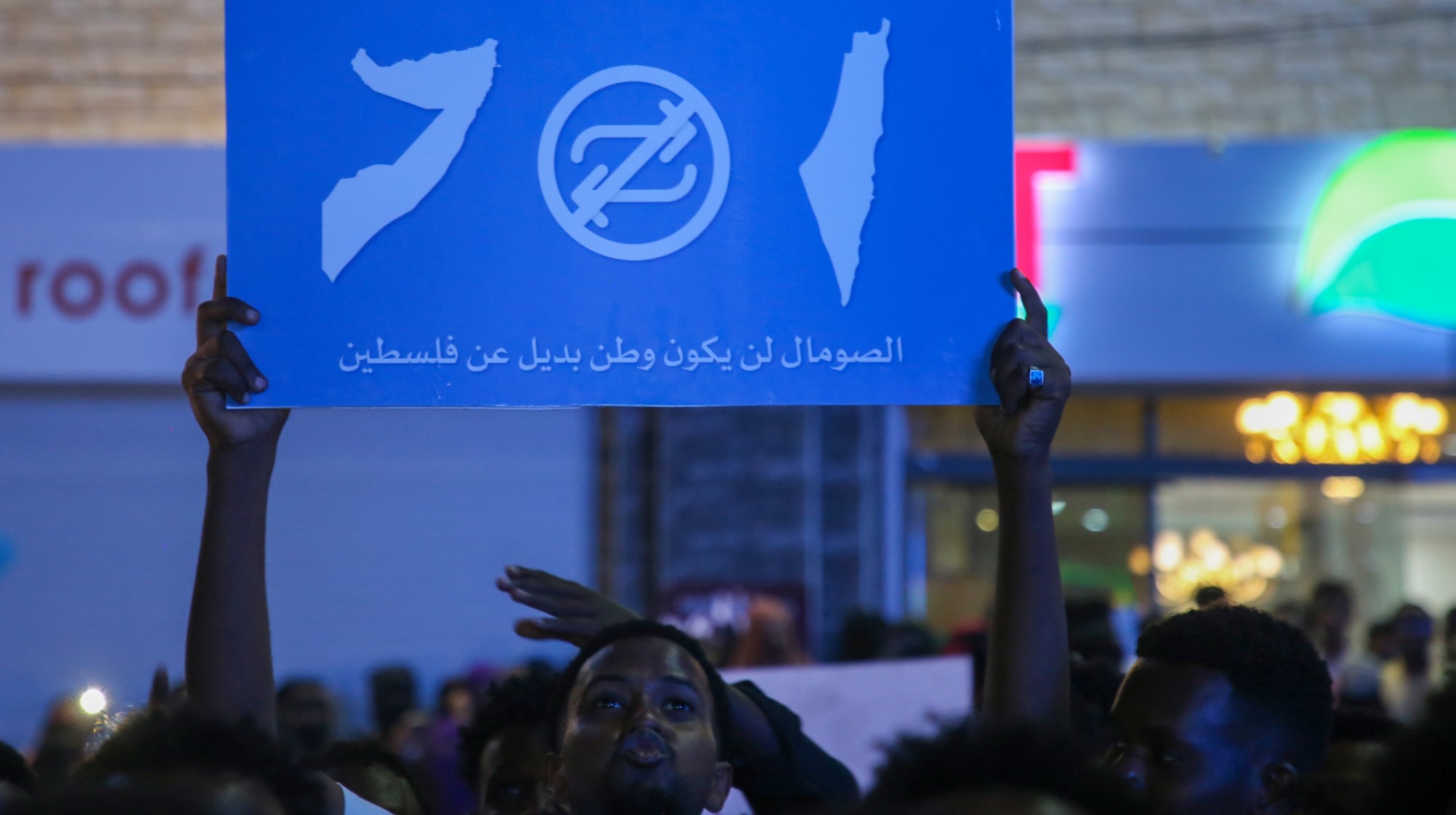 Why recognizing Somaliland is so risky for Israel
Why recognizing Somaliland is so risky for IsraelTHE EXPLAINER By wading into one of North Africa’s most fraught political schisms, the Netanyahu government risks further international isolation
-
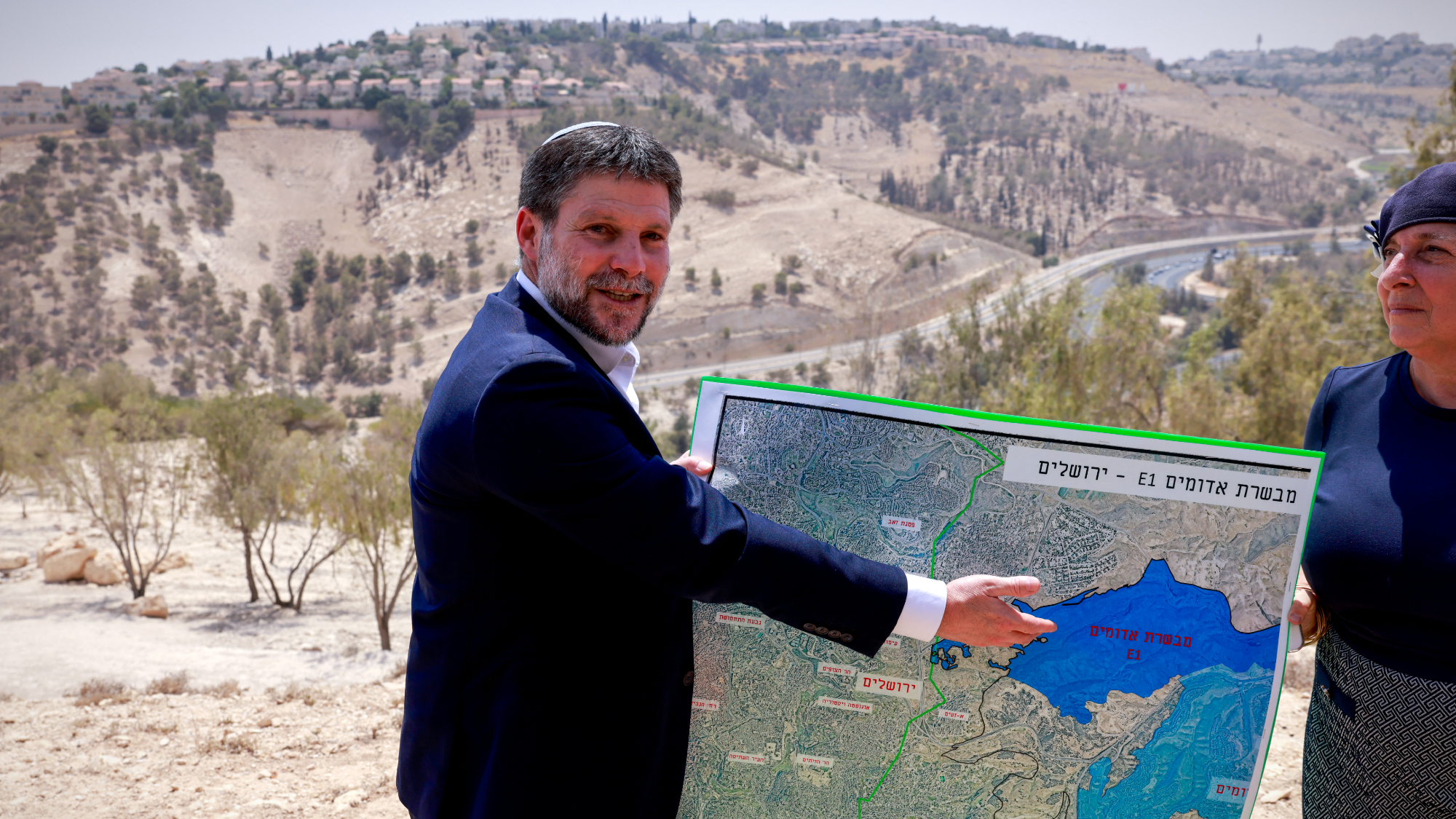 Israel approves new West Bank settlements
Israel approves new West Bank settlementsSpeed Read The ‘Israeli onslaught has all but vanquished a free Palestinian existence in the West Bank’
-
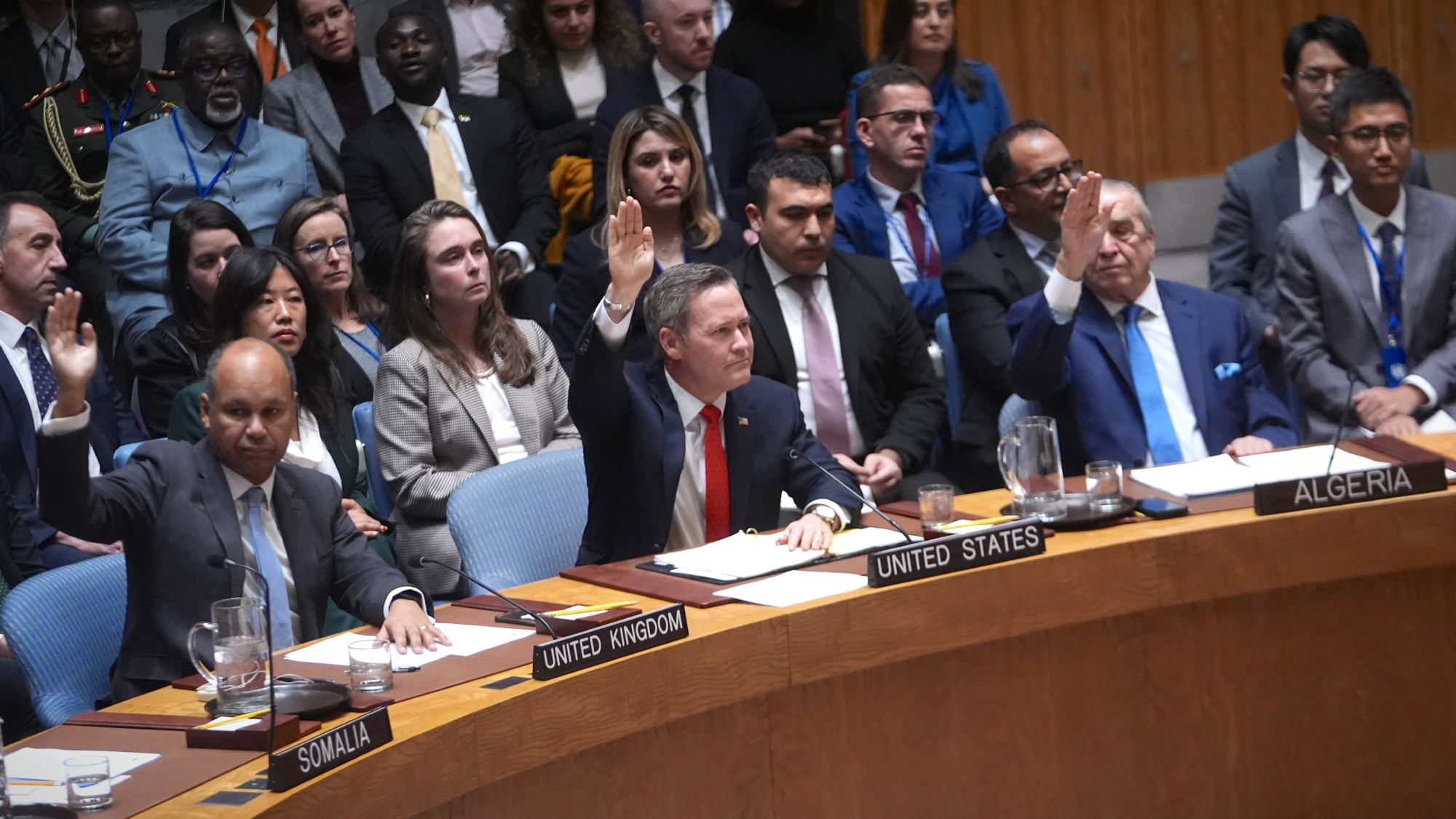 UN Security Council backs Trump’s Gaza peace plan
UN Security Council backs Trump’s Gaza peace planSpeed Read The United Nations voted 13-0 to endorse President Donald Trump’s 20-point plan to withdraw Israeli troops from Gaza
-
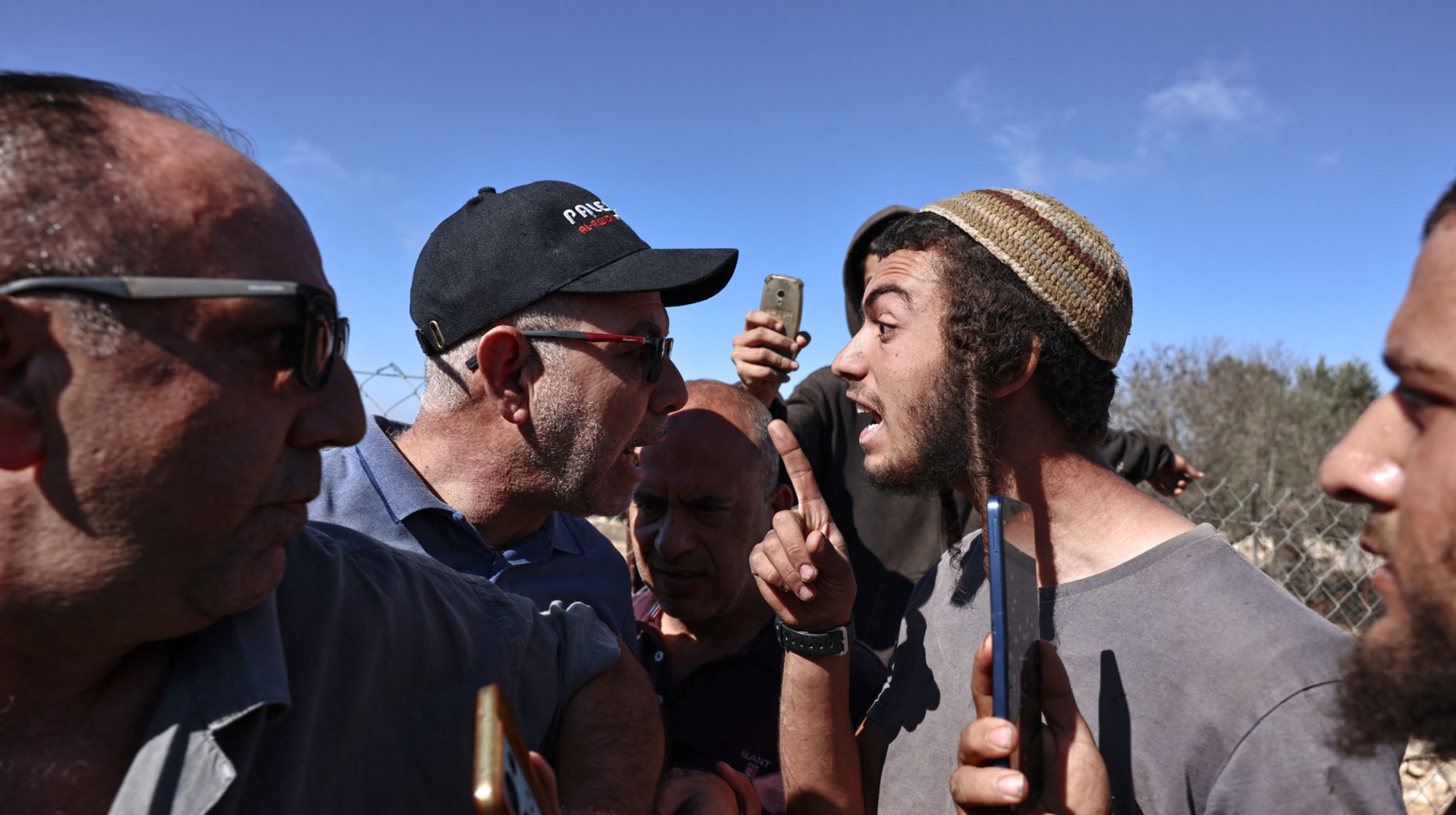 Israel jolted by ‘shocking’ settler violence
Israel jolted by ‘shocking’ settler violenceIN THE SPOTLIGHT A wave of brazen attacks on Palestinian communities in the West Bank has prompted a rare public outcry from Israeli officials
-
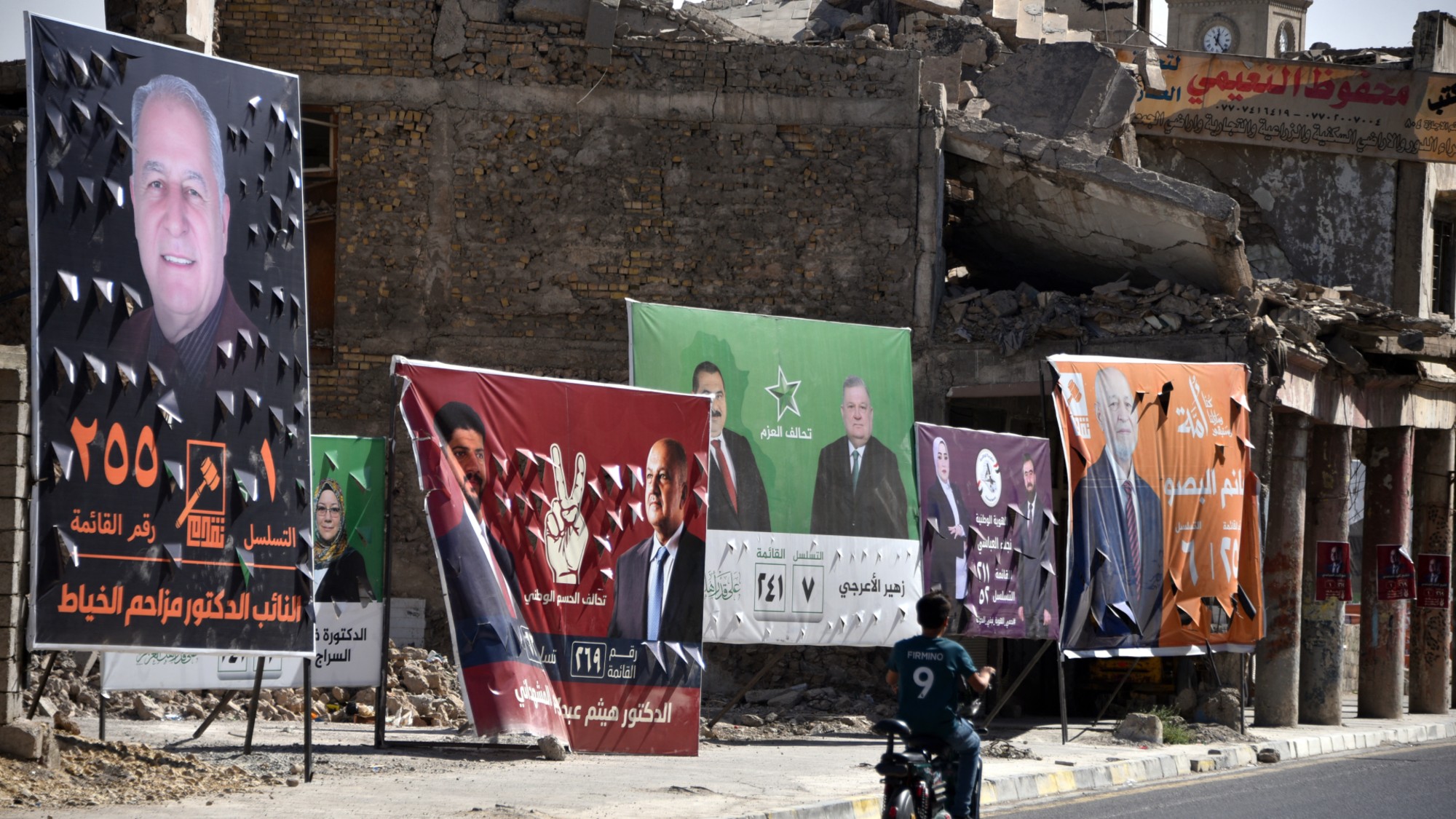 Why these Iraqi elections are so important
Why these Iraqi elections are so importantThe Explainer The US and Israel are increasingly pressuring Baghdad to tackle Iran-backed militants, while weakened Iran sees Iraq as a vital remaining ally
-
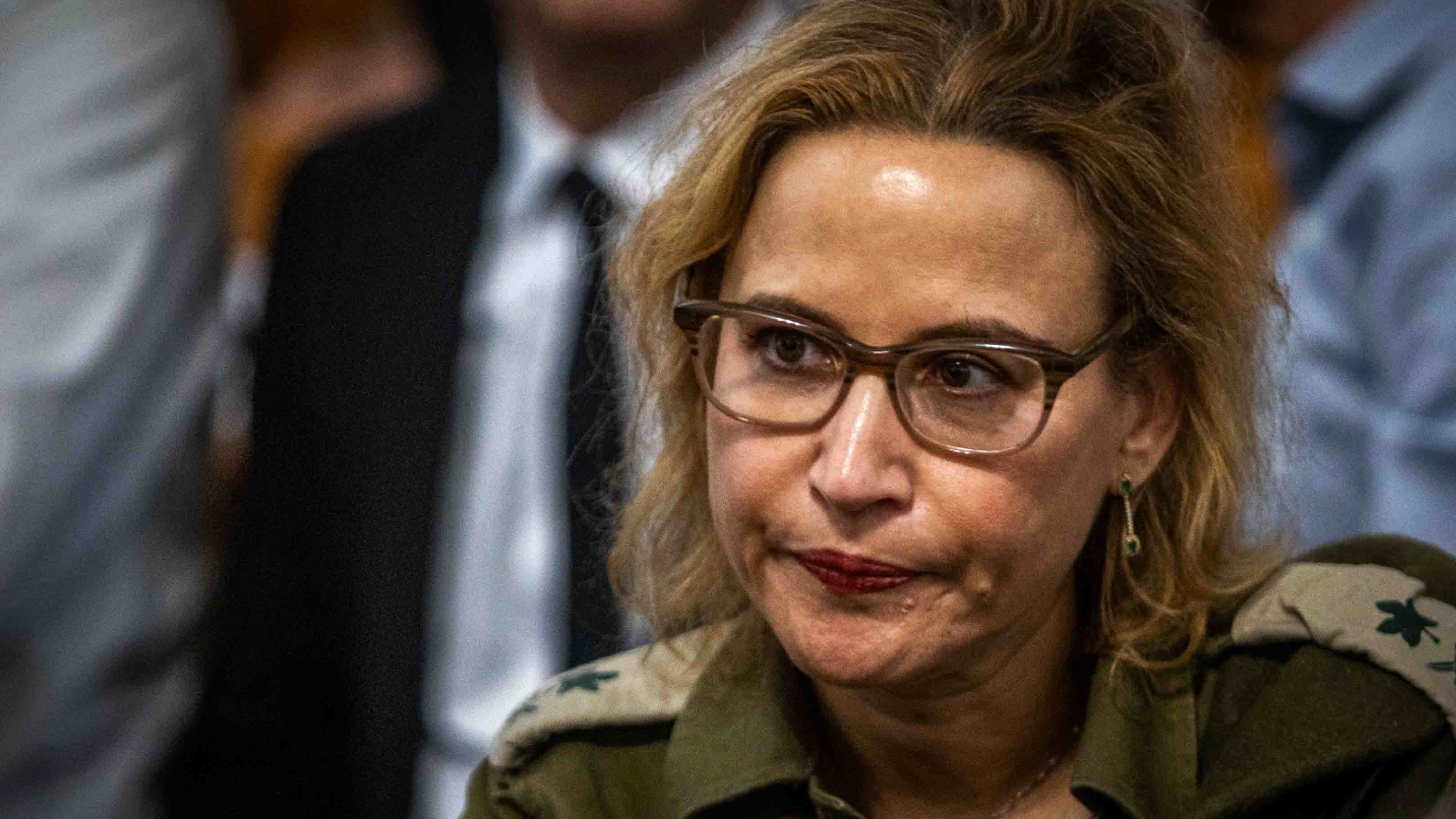 Israel arrests ex-IDF legal chief over abuse video leak
Israel arrests ex-IDF legal chief over abuse video leakSpeed Read Maj. Gen. Yifat Tomer-Yerushalmi had resigned from her post last week
